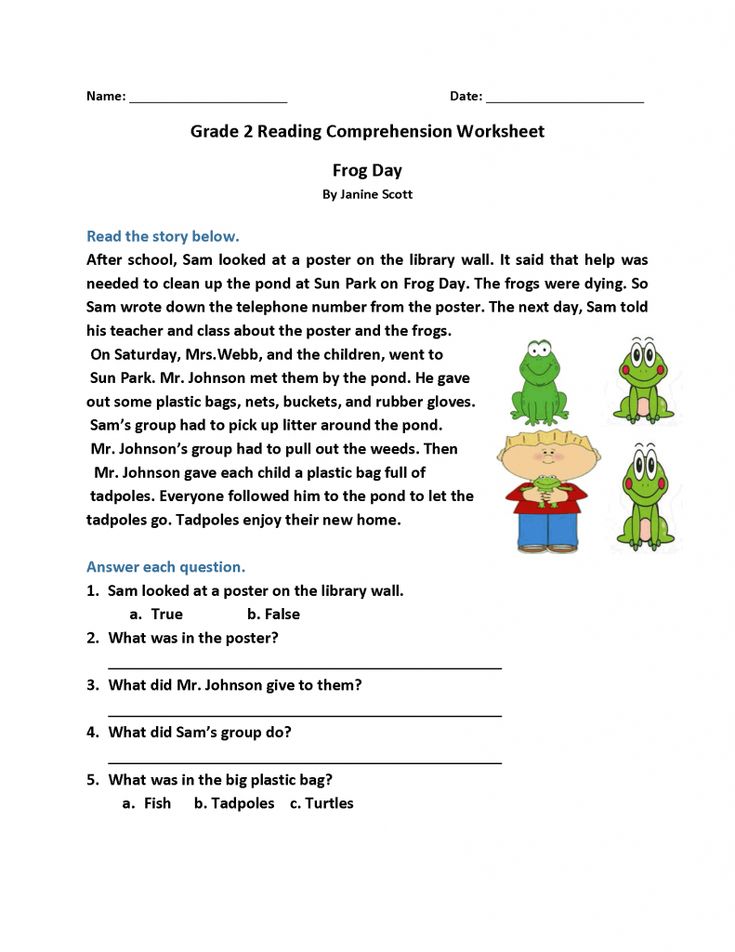Short story for 4th graders: Grade 4 Children’s Stories & Reading Worksheets
Posted onGrade 4 — Short Stories Comprehension
Grade 4 – Short Stories Comprehension. Easy short stories with comprehension for Third graders. Free activities, booklets and PDFs
Grade 4 – Short Stories Comprehension
Grade 4 – Short Stories Comprehension
Macmillan/McGraw-Hill’s Treasures online resources are specifically designed to help teachers teach by providing engaging activities for students at all levels.
Free download
Use for learning or teaching purposes
We do not support copyright disputes
All downloads are in PDF format
DOWNLOAD THE PDF FOR FREE
Unit 1
Unit 2
Unit 3
Unit 4
Unit 5
Unit 6
Subscribe to Language Advisor for monthly updates!
Email Address *
Best Short Stories for Middle Schoolers, As Chosen by Teachers
Topic: Reading
Grades: Middle School:
When attention spans are short, these do the trick!
A good short story is a perfect teaching tool.
- “A Sound of Thunder” by Ray Bradbury
- “The Monsters Are Due on Maple Street” by Rod Serling
- “Hearts and Hands” by O. Henry
- “The Fir Tree” by Hans Christian Andersen
- “The Necklace” by Guy de Maupassant
- “The Story of an Hour” by Kate Chopin
- “The Lady or the Tiger” by Frank Stockton
- “Baseball in April” by Gary Soto
- “The Circuit” by Francisco Jiménez
- “Flipped” by Wendelin Van Draanen
- “The Open Window” by H.H. Munro (Saki)
- “The Masque of the Red Death” by Edgar Allan Poe
- “The Ransom of Red Chief” by O. Henry
- “Fixed Income” by Sherman Alexie
- “The Wife’s Story” by Ursula K.
Le Guin
- “On the Sidewalk Bleeding” by Evan Hunter
- “The Bet” by Anton Chekhov
- “My Favorite Chaperone” by Jean Davies Okimoto
- “The Treasure of Lemon Brown” by Walter Dean Myers
- “Seventh Grade“ by Gary Soto
- “Flowers for Algernon” by Daniel Keyes
- “Everyday Use” by Alice Walker
- “Lamb to the Slaughter” by Roald Dahl
- “One Friday Morning” by Langston Hughes
- “A Very Old Man With Enormous Wings” by Gabriel García Márquez
- “Charles” by Shirley Jackson
- “Click Clack the Rattlebag” by Neil Gaiman
- “Names/Nombres” by Julia Alvarez
- “To Build a Fire” by Jack London
- “The Fly” by Katherine Mansfield
- “Rules of the Game” by Amy Tan
- “Liars Don’t Qualify” by Junius Edwards
- “The Sniper” by Liam O’Flaherty
- “Civil Peace” by Chinua Achebe
- “The Friday Everything Changed” by Anne Hart
- “The Scholarship Jacket” by Marta Salinas
- “Amigo Brothers” by Piri Thomas
- “Wild Flower” by Amrita Pritam
- “The Years of My Birth” by Louise Erdrich
- “The Veldt” by Ray Bradbury
- “The Fun They Had” by Isaac Asimov
- “Harrison Bergeron” by Kurt Vonnegut
- “A Good Man Is Hard to Find” by Flannery O’Connor
- “Eleven” by Sandra Cisneros
- “Thank You, M’am” by Langston Hughes
- “Believing in Brooklyn” by Matt de la Peña
- “Valediction” by Sherman Alexie
- “Girl” by Jamaica Kincaid
- “When I Lay My Burden Down” by Maya Angelou
- “All Summer in a Day” by Ray Bradbury
- “The Medicine Bag” by Virginia Driving Hawk Sneve
- “Stop the Sun” by Gary Paulsen
- “Mother and Daughter” by Gary Soto
- “The Tell-Tale Heart” by Edgar Allan Poe
- “The Hitchhiker” by Lucille Fletcher
- “The Landlady” by Roald Dahl
- “The Smallest Dragonboy” by Anne McCaffrey
- “The Scarlet Ibis” by James Hurst
- “My First Free Summer” by Julia Alvarez
- “The Lottery” by Shirley Jackson
- “The Gift of the Magi” by O.
Henry
- “Fish Cheeks” by Amy Tan
- “The Most Dangerous Game” by Richard Connell
- “Sol Painting, Inc.” by Meg Medina
- “Main Street” by Jacqueline Woodson (link is to collection where story can be found)
- “Raymond’s Run” by Toni Cade Bambara
- “The Ones Who Walk Away From Omelas” by Ursula Le Guin
- “What’s the Worst That Could Happen” by Bruce Coville
- “The Monkey’s Paw” by William Wymark Jacobs
- “The Boo Hag” by Veronica Byrd
If you’re searching for more short stories, check out these recommendations compiled by the Seattle Public Library, the Short Story Guide, and Barnes & Noble.
Plus, we love these anthologies: A Thousand Beginnings and Endings compiled by We Need Diverse Books’s Ellen Oh and Elsie Chapman, and Meet Cute: Some People Are Destined to Meet by Sona Charaipotra, Dhonielle Clayton, Nicola Yoon, Ibi Zoboi, et al.
Don’t miss our list of favorite middle school poems, too.
Want more articles like this? Be sure to subscribe to our newsletters!
Extracurricular reading grade 4: read fairy tales, stories for literary reading grade 4
Skip to content
Fairy tales for children > Extracurricular reading Grade 4
-
Alexei Tolstoy — Ivan Tsarevich and the gray wolf
-
Anton Chekhov — White-fronted
-
Anton Chekhov — Boys
-
Vsevolod Garshin — About the toad and the rose
nine0010
-
Konstantin Paustovsky — Hare paws
-
Mikhail Zoshchenko — Yolka
-
Mikhail Zoshchenko — The Most Important
-
Boris Zhitkov — About the monkey
-
Boris Zhitkov — How I caught little men
-
Boris Zhitkov — Pudya
-
Viktor Dragunsky — Childhood Friend
-
Viktor Dragunsky — What Mishka loves
-
Sadko (Bylina)
-
Vitaly Bianchi — Whose nose is better
-
Rudyard Kipling — Ricky Tikki Tavi
-
Pavel Bazhov — Blue snake
-
Pavel Bazhov — Mistress of the copper mountain
-
Hans Christian Andersen — Little Mermaid
-
Hans Christian Andersen — Nightingale
-
nine0002 Hans Christian Andersen — Wild swans
-
Dmitry Mamin-Sibiryak — Gray neck
-
Dmitry Mamin-Sibiryak — The Tale of the Brave Hare
-
Dmitry Mamin-Sibiryak — The Tale of Komar Komarovich
-
Volga and Mikula Selyaninovich (Bylina)
-
Dobrynya Nikitich and Serpent Gorynych (Bylina)
-
Anton Chekhov — Fugitive
-
Antony Pogorelsky — Black Hen, or Underground Inhabitants
-
Georgy Skrebitsky — Kot Ivanych
-
Leonid Panteleev — Honestly
-
Ivan Turgenev — Mumu
-
Alexander Kuprin — Barbos and Zhulka
-
Alexander Kuprin — White Poodle
-
Alexander Kuprin — Elephant
-
Battle on the Kalinov Bridge
-
Boris Zhitkov — About the elephant
-
Boris Zhitkov — Stray cat
-
Arkady Gaidar — Pokhod
-
Victor Dragunsky — Fire in the wing, or a feat in the ice
-
Victor Dragunsky — My sister Xenia
-
Mikhail Prishvin — Inventor of
-
Mikhail Prishvin — Gadgets
-
Mikhail Prishvin — Forest owner
-
Tricky Science
-
Konstantin Paustovsky — Residents of the old house
-
Vitaliy Bianchi — Anyutkina duck
-
Vitaliy Bianki — Hare, kosach, bear and Santa Claus
-
Vitaly Bianchi — How I wanted to put salt on the hare’s tail
nine0010
-
Vitaly Bianchi — Whose legs are these
-
Konstantin Ushinsky — Children in the grove
-
Konstantin Ushinsky — Wind and Sun
-
Alexey Tolstoy — Rooster and millstones
-
Leo Tolstoy — Liar (Fable)
-
Leo Tolstoy — Already
-
Leo Tolstoy — Squirrel and Wolf
-
Leo Tolstoy — The Lion and the Mouse (Fable)
-
Leo Tolstoy — Father and Sons (Fable)
-
Leo Tolstoy — How a man divided geese
-
Leo Tolstoy — Two brothers
-
Hans Christian Andersen — Ole Lukoye
-
Dmitry Mamin-Sibiryak — The Tale of Sparrow Vorobeich
-
Dmitry Mamin-Sibiryak — The Tale of Voronushka
-
Dmitry Mamin-Sibiryak — The Tale of How the Last Fly Lived
-
Andrey Nekrasov — The Adventures of Captain Vrungel
-
Alexei Tolstoy — The Tale of Rejuvenating Apples and Living Water
-
Leo Tolstoy — The dog and its shadow (Fable)
-
Leo Tolstoy — Prisoner of the Caucasus
-
Ilya Muromets: Illness and healing of Ilya
-
Expulsion of Adam and Eve from Paradise
-
Parable of the sower
-
Parable of the Prodigal Son
-
Parable of the Pharisee and Publican
-
The Parable of the Wicked Husbandmen
-
Birth and education of Hercules
-
Daedalus and Icarus (Myth)
-
Orpheus and Eurydice (Myth)
-
Andrey Platonov — Nikita
-
Andrey Platonov — Another mother
nine0010
-
Victor Hugo — Cosette
-
Victor Hugo — Gavroche
-
Nikolai Leskov — fiat ruble
-
Dmitry Grigorovich — Gutta-percha boy
-
Alexei Tolstoy — Snowdrifts
-
Valery Medvedev — Barankin, be a man
-
Leo Tolstoy — Fire
-
Leo Tolstoy — Eagle
-
Leo Tolstoy — How a boy told how a thunderstorm caught him in the forest
-
Dmitry Mamin-Sibiryak — Priemysh
-
Victor Astafiev — Belogrudka
-
Reuben Fraerman — Girl with a stone
-
Vladimir Soloukhin — Knife with bone handle
-
Leo Tolstoy — Two comrades (Fable)
-
nine0004 Leo Tolstoy — Old grandfather and granddaughter (Fable)
-
Vladimir Zheleznikov — History with ABC
-
Vladimir Dal — You have your own mind
-
Ksenia Dragunskaya — The cure for obedience
-
Anatoly Aleksin — The happiest day
-
Leo Tolstoy — Dragonfly and ants (Fable)
-
Leo Tolstoy — The Raven and the Fox (Fable)
-
Leo Tolstoy — The Ant and the Dove (Fable)
-
Leo Tolstoy — Donkey and Horse (Fable)
-
Leo Tolstoy — Rusak
-
Leo Tolstoy — The Tsar’s son and his comrades
-
Fedor Knorre — Salty Dog
-
Ivan Shmelev — Russian song
-
Georgy Skrebitsky — Fluff
-
nine0004 Konstantin Paustovsky — Farewell to Summer
-
Konstantin Paustovsky — Storyteller (Christian Andersen)
-
Mikhail Zoshchenko — Adventures of a monkey
-
Mikhail Zoshchenko — Poor Fedya
-
Mikhail Prishvin – Dead tree
-
Mikhail Prishvin — Hawk and Lark
-
Irina Pivovarova — Young Lady Lucy
nine0010
-
Irina Pivovarova — Secrets
-
Irina Pivovarova — How I was taught music
-
Irina Pivovarova — Seliverstov is not a guy, but gold
-
Sasha Cherny — Lucky carp
-
Victor Astafiev — Grandmother with raspberries
-
Alexandra Ishimova — History of Russia in stories for children
-
Konstantin Ushinsky — Cheerful cow
-
Konstantin Ushinsky — Postman’s bag
-
Yuri Sotnik — Swimming teacher
-
Yuri Sotnik — Viper
-
Viktor Golyavkin — Traveler
-
Valentina Oseeva — Why
-
Valentina Oseeva — In class
-
Vitaliy Bianki — Plavunchik
-
Boris Zhitkov — Myshkin
-
Anton Chekhov — I want to sleep
-
Leo Tolstoy — Peter the Great and a man
-
Alexander Raskin — How dad chose a profession
-
Sasha Cherny — Fox Mickey’s Diary
-
Alexander Kuprin — Poor Prince
-
Alexander Kuprin — Four beggars
Extracurricular reading Grade 4: read online popular, best folk tales for children, boys and girls, and their parents about love and Motherland, nature, animals.
Anton Chekhov — White-browed: read a story for children, text completely online in RuStikh
The hungry wolf got up to go hunting. Her wolf cubs, all three of them, were fast asleep, huddled together, and warmed each other. She licked them and went.
It was already the spring month of March, but at night the trees cracked from the cold, as in December, and as soon as you stick out your tongue, it starts to tingle violently. The she-wolf was in poor health, suspicious; she shuddered at the slightest noise and kept thinking about how someone at home without her would offend the wolf cubs. The smell of human and horse tracks, stumps, piled firewood and a dark manured road frightened her; it seemed to her as if people were standing behind the trees in the darkness, and somewhere beyond the forest dogs were howling. nine0003
She was no longer young and her instincts had weakened, so that it happened that she mistook a fox’s track for a dog’s and sometimes even, deceived by her instincts, lost her way, which had never happened to her in her youth.
Four versts from her lair, by the postal road, there was a winter hut. Here lived the watchman Ignat, an old man of about seventy, who kept coughing and talking to himself; he usually slept at night, and during the day he wandered through the forest with a single-barreled gun and whistled at hares. He must have been a mechanic before, because every time he stopped, he shouted to himself: “Stop, car!” and before going any further: «Full speed!» With him was a huge black dog of an unknown breed, named Arapka. When she ran far ahead, he shouted to her: «Reverse!» Sometimes he sang, and at the same time he staggered strongly and often fell (the wolf thought it was from the wind) and shouted: “I went off the rails!” nine0003
The she-wolf remembered that in summer and autumn a ram and two ewes were grazing near the winter hut, and when she ran past not so long ago, she thought they were fading in the barn.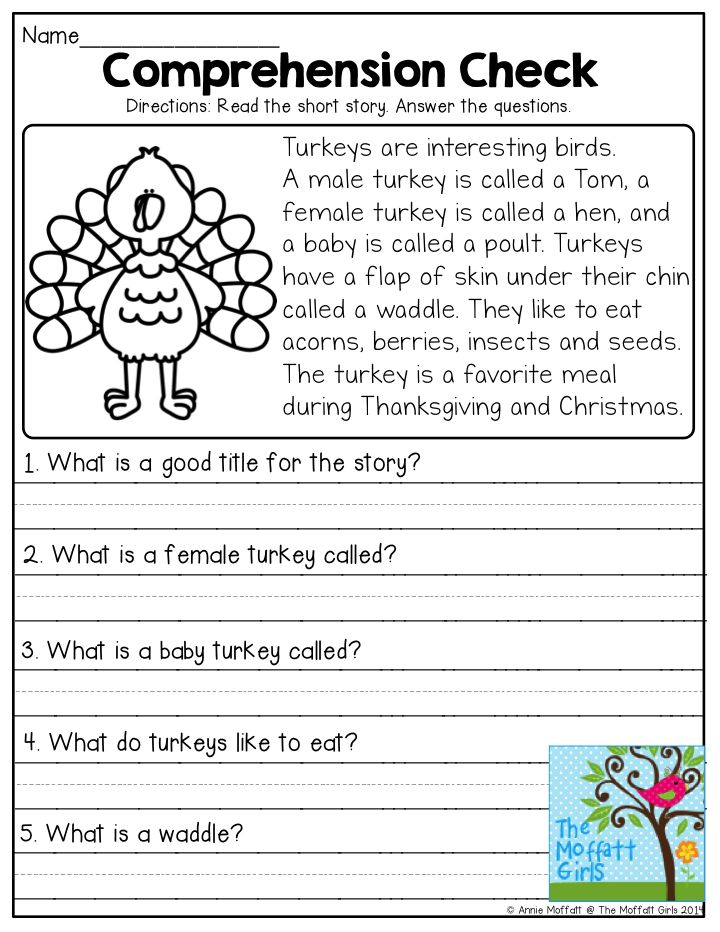
Ignat’s hut, his shed, barn and well were surrounded by high snowdrifts. It was quiet. The arapka must have been sleeping under the shed. nine0003
The she-wolf climbed up the snowdrift to the barn and began to rake the thatched roof with her paws and muzzle. The straw was rotten and loose, so that the she-wolf almost fell through; she suddenly smelled warm steam and the smell of manure and sheep’s milk right in her face. Down below, feeling cold, a lamb bleated softly. Jumping into the hole, the she-wolf fell with her front paws and chest on something soft and warm, probably on a ram, and at that moment something suddenly squealed in the stable, barked and burst into a thin, howling voice, the sheep shied against the wall, and the she-wolf, frightened, grabbed the first thing that caught her in the teeth, and rushed out .
She was running, straining her strength, and at that time Arapka, who had already sensed the wolf, howled furiously, disturbed chickens clucked in the winter hut, and Ignat, coming out onto the porch, shouted:
— Full speed ahead! Went to the whistle!
And he whistled like a machine, and then — ho-ho-ho-ho!.. And all this noise was repeated by the forest echo.
When, little by little, all this calmed down, the she-wolf calmed down a little and began to notice that her prey, which she held in her teeth and dragged along the snow, was heavier and, as it were, harder than lambs usually are at this time; and it seemed to smell differently, and some strange sounds were heard … The she-wolf stopped and put her burden on the snow to rest and start eating, and suddenly jumped back in disgust. It was not a lamb, but a puppy, black, with a large head and high legs, of a large breed, with the same white spot all over his forehead, like Arapka’s. Judging by his manners, he was an ignoramus, a simple mongrel.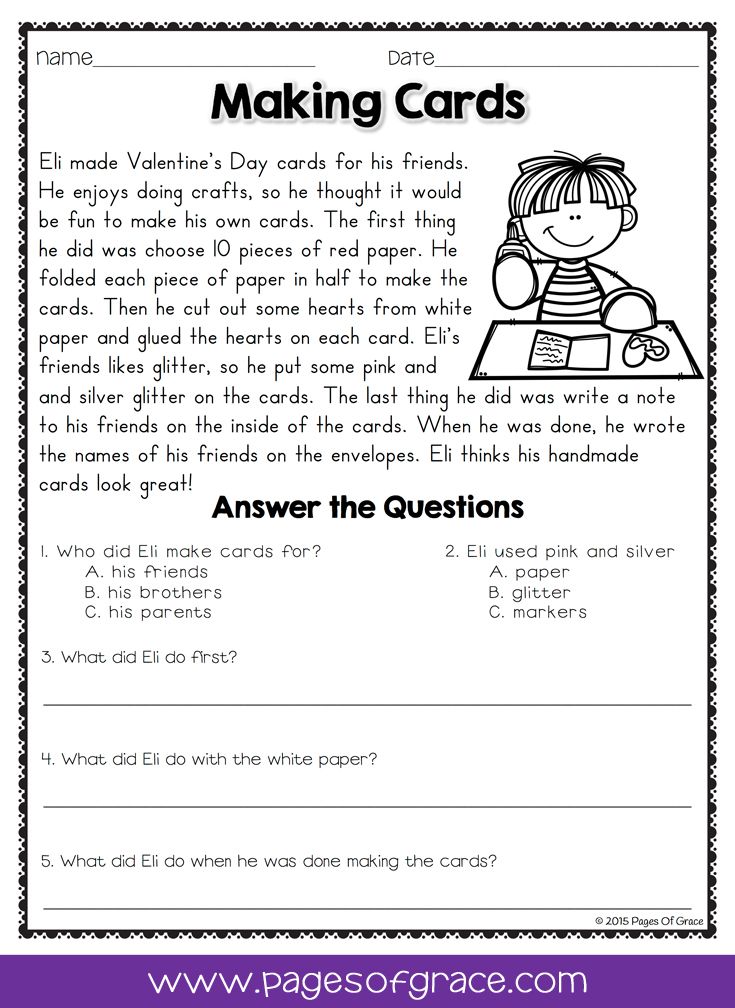
It was already dawn, and when the she-wolf was making her way towards her in a dense aspen forest, each aspen tree could be clearly seen, and the black grouse was already waking up and beautiful roosters were often fluttering, disturbed by the careless jumps and barking of the puppy.
“Why is he running after me? thought the wolf with annoyance. “He must want me to eat him.”
She lived with wolf cubs in a shallow hole; about three years ago, during a strong storm, a tall old pine tree was uprooted, which is why this hole was formed.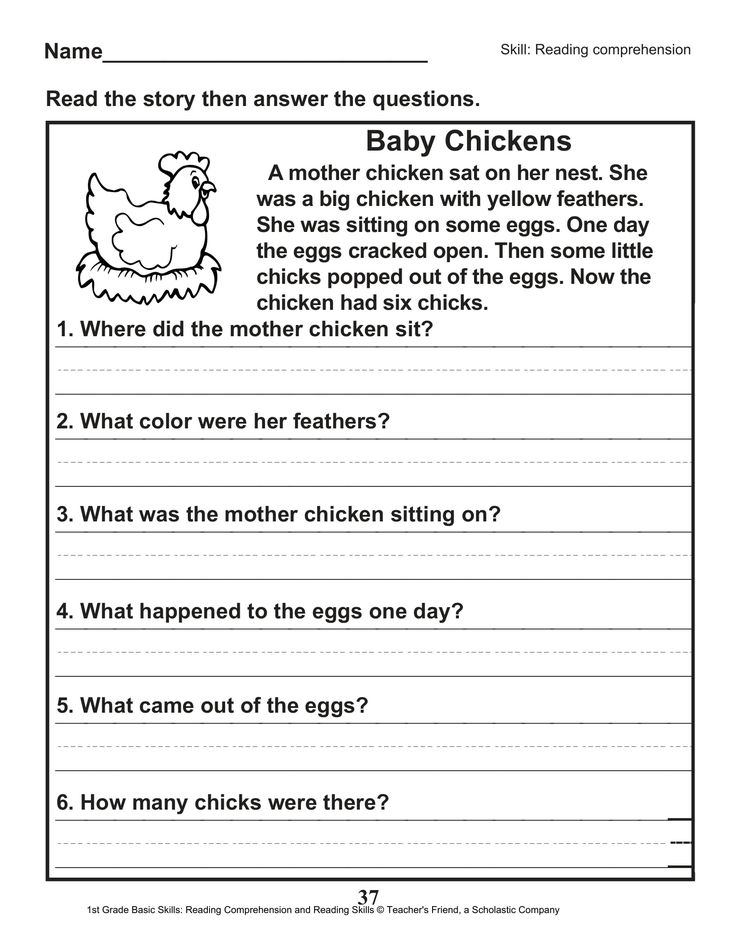
It was already dawn and the sun had risen, the snow was sparkling all around, but he still stood at a distance and barked. The cubs sucked their mother, shoving her with their paws into her thin stomach, while she gnawed at the horse bone, white and dry; she was tormented by hunger, her head ached from the barking of dogs, and she wanted to rush at the uninvited guest and tear him apart.
Finally the puppy got tired and hoarse; seeing that they were not afraid of him and did not even pay attention to him, he began timidly, now crouching, now jumping, to approach the cubs.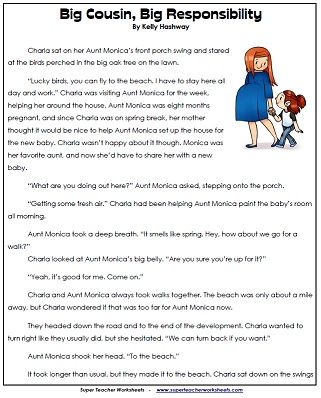
— My, my… nga-nga-nga!..
The cubs did not understand anything, but wagged their tails. Then the puppy hit one wolf cub on the big head with its paw. The wolf cub also hit him on the head with his paw. The puppy stood sideways to him and looked askance at him, wagging his tail, then suddenly rushed from his place and made several circles on the crust. The cubs chased him, he fell on his back and lifted his legs up, and the three of them attacked him and, squealing with delight, began to bite him, but not painfully, but as a joke. The crows sat on a tall pine tree and looked down on their struggle, and were very worried. It got noisy and fun. The sun was already hot in the spring; and the roosters, now and then flying over a pine tree that had been felled by a storm, seemed emerald green in the glare of the sun.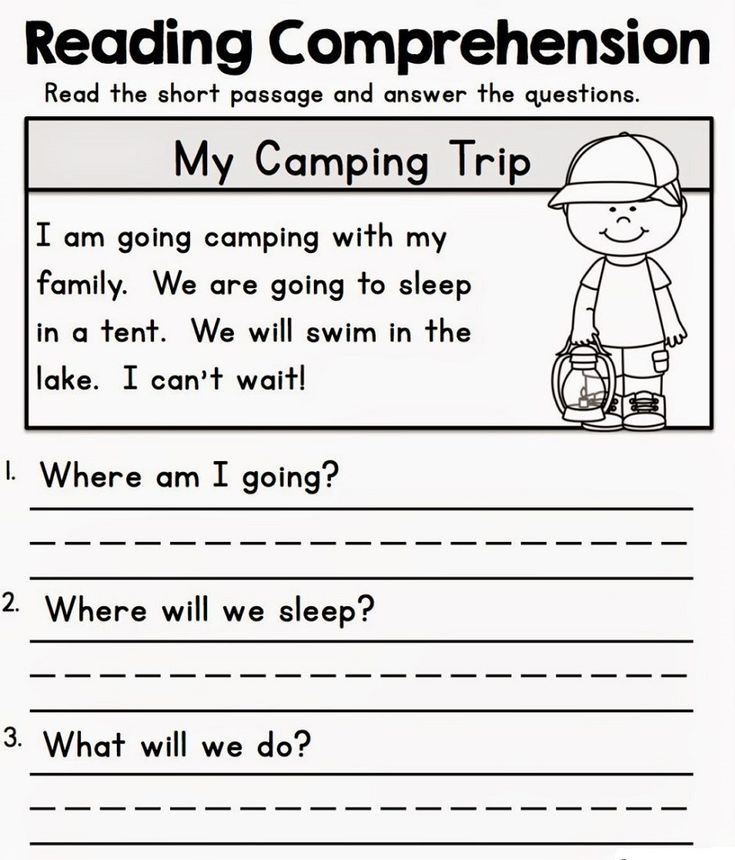
Wolves usually teach their children to hunt by letting them play with prey; and now, looking at how the cubs were chasing the puppy across the crust and wrestling with him, the wolf thought:
«Let them get used to it.»
Having played enough, the wolf cubs went into the pit and went to bed. The puppy howled a little with hunger, then also stretched out in the sun. When they woke up, they started playing again.
All day and evening the she-wolf recalled how the last night the lamb bleated in the barn and how it smelled of sheep’s milk, and from appetite she kept clicking her teeth and did not stop greedily gnawing at the old bone, imagining to herself that it was a lamb. The cubs suckled, and the puppy, which wanted to eat, ran around and sniffed the snow. nine0003
“Take him off…” the wolf decided.
She came up to him, and he licked her face and whined, thinking that she wanted to play with him. In the old days, she ate dogs, but the puppy smelled strongly of dog, and, due to poor health, she no longer tolerated this smell; she felt disgusted and moved away.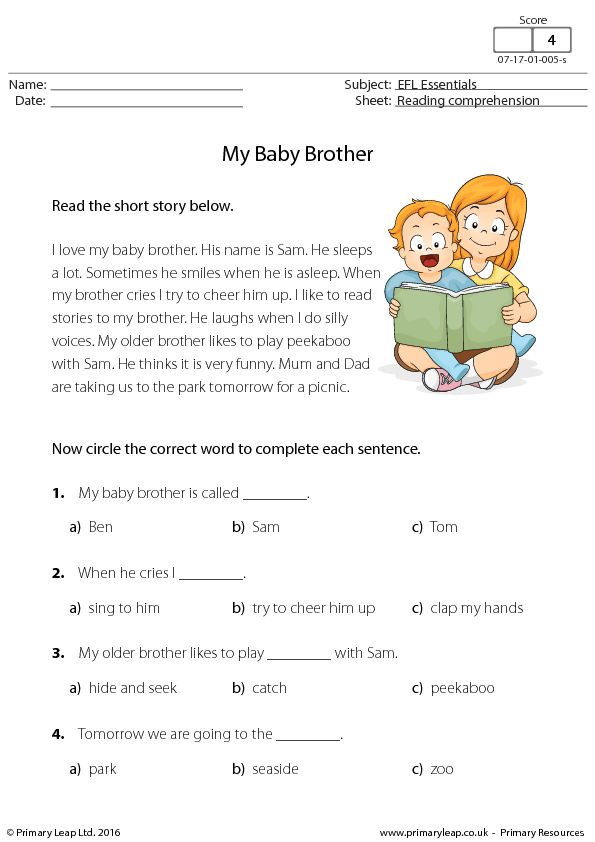
It got cold by nightfall. The puppy got bored and went home.
When the cubs were fast asleep, the she-wolf went hunting again. As on the previous night, she was alarmed by the slightest noise, and she was frightened by stumps, firewood, dark, solitary juniper bushes that looked like people from a distance. She ran away from the road, along the crust. Suddenly, far ahead, something dark flashed on the road … She strained her eyesight and hearing: in fact, something was moving ahead, and measured steps were even audible. Isn’t it a badger? She carefully, breathing a little, taking everything aside, overtook the dark spot, looked back at him and recognized him. This, slowly, step by step, was returning to his winter hut a puppy with a white forehead. nine0003
“No matter how he interferes with me again,” the wolf thought, and quickly ran forward.
But the winter hut was already close. She again climbed onto the barn through a snowdrift. Yesterday’s hole had already been patched up with spring straw, and two new slabs were stretched across the roof.
— Whoa! Ignat whistled. — Fuyt! Drive at full speed!
He pulled the trigger — the gun misfired; he lowered it again — again a misfire; he fired for the third time and a huge sheaf of fire flew out of the barrel and there was a deafening “boo! boo!» He was strongly given in the shoulder; and, taking a gun in one hand and an ax in the other, he went to see what was causing the noise…
A little later he returned to the hut.
— What is there? asked in a hoarse voice the wanderer who spent the night with him that night and was awakened by the noise.

 Le Guin
Le Guin Henry
Henry